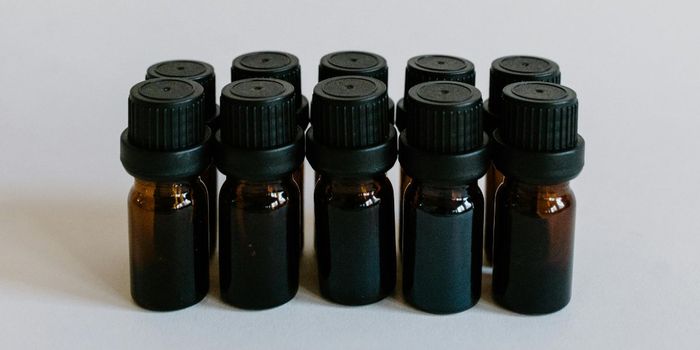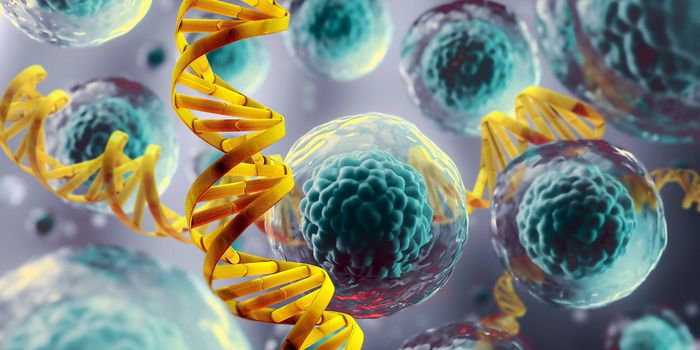The risks of an inflammatory diet
New research published recently in Nutrients highlights the detriments that an inflammatory diet can have on increasing the risk of certain types of breast cancer. While previous studies have confirmed the influence of diet on overall health and cancer prevention, this study details a correlation between inflammatory and antioxidant diets and the risk of developing colorectal and breast cancer, specifically.
The research comes from the Molecular Mechanisms and Experimental Therapy in Oncology program (Oncobell) of the Bellvitge Biomedical Research Institute (IDIBELL) and the Catalan Institute of Oncology (ICO), along with the Biodonostia Health Research Institute (IIS Biodonostia). Funded in part by the Spanish Association Against Cancer (AECC), the study was led by researchers Dr. Pilar Amiano from IIS Biodonostia , Dr. Mireia Obón-Santacana from IDIBELL-ICO, and Dr. Víctor Moreno, from IDIBELL-ICO.
In their study, the team looked closely at the Spanish population using two specific tools called the Dietary Inflammatory Index (DII) and the Non-Enzymatic Antioxidant Capacity (NEAC). The DII and NEAC are capable of estimating the inflammatory and antioxidant potential of any particular diet. As the authors assert, both inflammatory and antioxidant diets have been previously associated with colorectal and breast cancer.
What is an inflammatory or antioxidant diet, you ask? While an inflammatory diet includes foods that you may be more likely to consider unhealthy, such as refined carbohydrates, red and processed meat, and saturated or trans fats, you may be surprised by what’s classified as an antioxidant diet, and the associated risks it can have for these two classes of cancers. In an antioxidant diet, usually the individual consumes a majority of vegetables, legumes, fruits and nuts. Yet, "In this study we have focused on the role of diet, and specifically on its inflammatory and antioxidant capacity, as there is evidence that both chronic inflammation and oxidative stress influence the development of these two types of cancer," says Dr. Víctor Moreno.
In conducting the study, the researchers analyzed data from twelve Spanish provinces which included 1852 cases of colorectal cancer and 1567 cases of breast cancer, as well as with 3447 and 1487 control cases, respectively.
They found a specific correlation between the diets and the two types of cancer. "We have observed an association between the risk of developing colorectal cancer and the inflammatory potential of the diet. That is, the participants who followed an inflammatory diet had almost twice the risk of developing colorectal cancer, which is the 4th most frequent cancer worldwide," explains Dr. Mireia Obón. "On the other hand, we have not appreciated a significant increase in breast cancer risk. That is why we need to carry out more studies to check if there is really any correlation with other factors," she adds.
Luckily, diet is something that we can often manage to a great extent. As Dr. Mireia Obón explains: "Following a pro-inflammatory and pro-oxidant diet is a very important risk factor for colon cancer. The positive part is that this is a modifiable factor and, therefore, it can be changed. Therefore, in order to prevent such cancers, it is very important to follow the recommendations of official agencies and international agencies. We should reorient our eating habits towards a Mediterranean diet, rich in fruits and vegetables, nuts, whole grains and healthy oils, such as olive oil and move away from a more pro-inflammatory diet," she urges.
Sources: Science Daily, Nutrients









